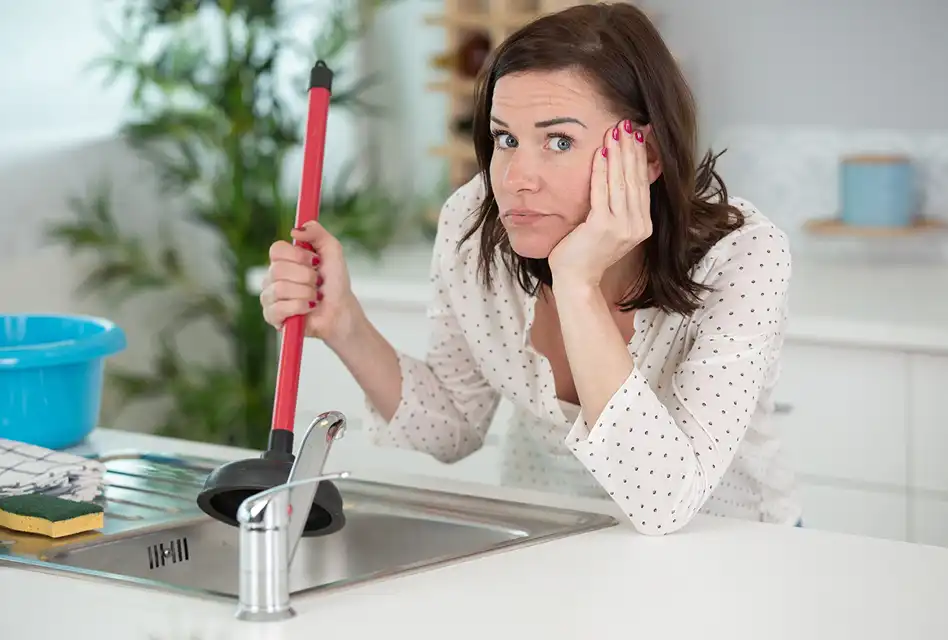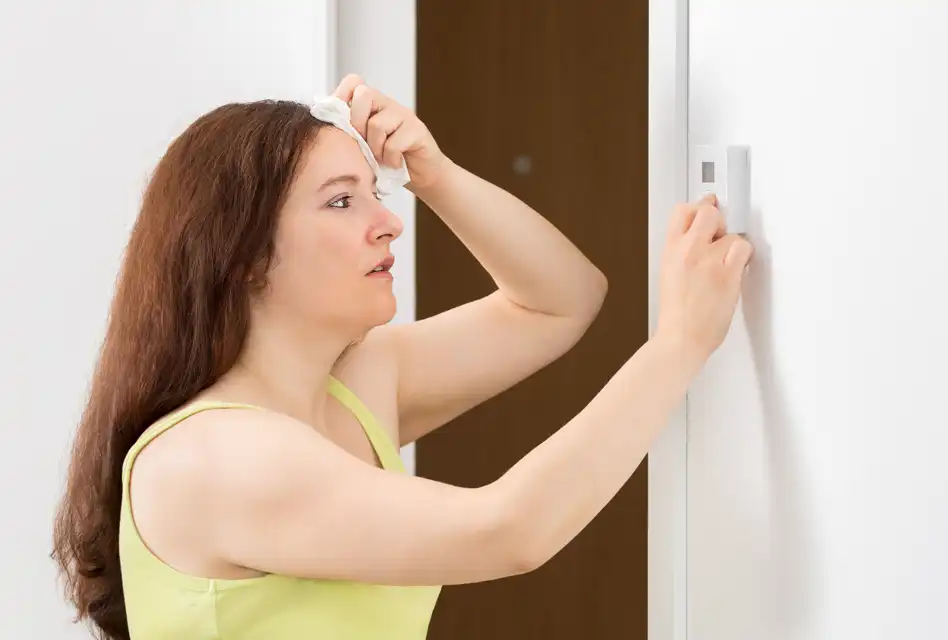[fusion_builder_container hundred_percent=”no” equal_height_columns=”no” menu_anchor=”” hide_on_mobile=”small-visibility,medium-visibility,large-visibility” class=”” id=”” background_color=”” background_image=”” background_position=”center center” background_repeat=”no-repeat” fade=”no” background_parallax=”none” parallax_speed=”0.3″ video_mp4=”” video_webm=”” video_ogv=”” video_url=”” video_aspect_ratio=”16:9″ video_loop=”yes” video_mute=”yes” overlay_color=”” video_preview_image=”” border_size=”” border_color=”” border_style=”solid” padding_top=”” padding_bottom=”” padding_left=”” padding_right=””][fusion_builder_row][fusion_builder_column type=”1_1″ layout=”1_1″ background_position=”left top” background_color=”” border_size=”” border_color=”” border_style=”solid” border_position=”all” spacing=”yes” background_image=”” background_repeat=”no-repeat” padding_top=”” padding_right=”” padding_bottom=”” padding_left=”” margin_top=”0px” margin_bottom=”0px” class=”” id=”” animation_type=”” animation_speed=”0.3″ animation_direction=”left” hide_on_mobile=”small-visibility,medium-visibility,large-visibility” center_content=”no” last=”no” min_height=”” hover_type=”none” link=””][fusion_text]
Did Last Year’s Unusually Cold Winter Put a Hurt on Your Heating Bill?
In case you haven’t noticed, the weather is gradually getting colder and winter is just around the corner. There are plenty of things to look forward to in winter, such as snowy weather (Believe it or not, there are lots of people who love the snow!) and festive holidays, but it isn’t all good news. As you know, winter is one of the most expensive times of the year when it comes to keeping your house comfortably warm.
High home heating bills pack a real punch into the household budget in the Pittsburgh region each winter. And they always pose a special challenge for people on a fixed income or live paycheck to paycheck.
If your wallet is feeling a bit lighter right now, don’t fret. Winter may be a bit more expensive, but there are a lot of tips and tricks that you can use to lower the costs.
Blogger’s note: In our blog entitled “Is Your Furnace Ready for Ol’ Man Winter?”, we discussed how you should best prepare your furnace for the upcoming heating season. Obviously, many of the same tips discussed in that blog could also help keep your heating costs down. One example would be to install programmable thermostats. Another would be to clean your air ducts. In this blog, we’re going to talk about a number of other actions you can undertake to cut your heating costs.
To begin, here are a couple of FREE ways to save money on winter heating bills:
- Use a lower thermostat setting. You’ll be looking at savings of up to 3 percent on your heating bill per degree lowered over a 24-hour period. This is especially true if you lower it while you sleep. For peak efficiency, set the temperature to 68 degrees or lower when you’re at home and awake, and set it back to 60 degrees all other times, as recommended by the U.S. Department of Energy.
- Seal your chimney flue when not in use. Leaving your chimney flue open when not in use is much like opening your window several inches in the dead of winter. You’ll allow a sizeable mass of warm air out of your house, and a large amount of cold air in. While you’re at it, you’ll also want to make sure your dryer vent closes properly.
- Limit the use of your fireplace. Experts agree that the conventional fireplace loses more heat than it generates. This is particularly true in colder climates. As the smoke rises through the chimney, the heated air from your home follows it up right behind. You might want to consider installing a fireplace insert which will make much better use of the heat generated in your fireplace.
- Pay special attention to your windows. Approximately 10-25% of your home’s heat loss can be traced to the windows. To reduce this loss, open the curtains on your south-facing windows during winter days to bring the sun’s free heat into your home. Close your window coverings when the sun goes down to keep the heat inside. Proper use of your curtains can reduce heat loss by up to 10 percent.
- Bundle up. This is one of the easiest ways to save on your heating bill. Instead of turning the heat up, put on a cozy sweater and warm socks. You should also keep a couple of throw blankets on your couch and add an area rug to insulate the floor.
The “sweater savings” can be substantial. By lowering the thermostat one single degree between 60 and 70 degrees, you can save 5 percent on your heating bill.
Tip 1: Learn to love socks. If your feet feel cold, your entire body will feel cold, so make a point of wearing socks around the home in the winter.
Tip 2: You can make your own hand warmers out of pair of ankle socks. Fill one sock with rice, then stuff it, open side down, into the other sock to keep the rice inside. Microwave your homemade hand warmer for about 30 seconds and it will stay warm for about 15 minutes.
Of course, as mentioned in our previous blog, cleaning your vents and making sure they are clear of any obstructions such as furniture or clutter is another key to cutting heating costs.
Here are several inexpensive ways to save on your heating bills:
- Get rid of those leaks in your house. That’s right, your house leaks hot air! It’s estimated that seven to 12 percent of heat loss in a home can be blamed on leaky windows and doors. But, if you seal most of these leaks, you could save between 10-20% on your heating bill this winter. The good news is that’s there’s an entire aisle of products such as weather stripping and caulk at the local hardware store, all committed to sealing up your house against drafts. This may sound like a time-consuming and expensive task, but it’s rather simple and quite economical.
To detect leaks, wait until it’s cold outside; you’ll probably need at least a 30-degree difference in the indoor/outdoor temperatures to really detect the difference.
Popular areas to find leaks include around doors and windows, near the attic, where wires and cables enter your house and around electrical outlets. Seal gaps around any pipes, wires, vents or other openings with your caulk or weather stripping. If you see daylight under exterior doors, install a door sweep to block those wintry gusts.
Tip 3: Professionals often implement a blower door test to detect air leaks. You can try a low-tech version by simply turning on all your home’s exhaust fans and holding an incense stick near windows, doors and electrical outlets. If the smoke blows sideways, you have a leak that requires plugging.
Tip 4: You can build a draft blocker for your doors by cutting the legs off an old, but not holey, pair of tights or thick stockings. Fill it with rice, kitty litter or cotton batting and sew or tie it closed. Using kitty litter makes it a purr-fect draft blocker!
- Don’t forget about humidifiers. Using a humidifier can reduce your heating costs because moist air retains heat better than dry air. Plus, they reduce static electricity, combat dry skin, and make it easier for everyone to breathe.
- Those old-fashioned window treatments still work. If money’s tight, you probably can’t afford to swap out your older windows for more dependable, energy-efficient ones. But you can install heavy-duty clear plastic window treatments that can reduce the amount of heat loss through your windows by up to 10 percent.
- Switch to a utility company budget plan. This will average out your monthly payments. You’ll still spend the same amount per year, but you won’t get hit with any huge winter heating bills in the winter months.
Add insulation to your house.
Good insulation is one of the better ways to save money during the winter since it helps keep the hot air in and the cold air out.
It can be difficult, however, to determine if your home has the appropriate amount of insulation. One way to find out is to look at your roof soon after a snowfall. If there are melted spots, chances are you don’t have enough insulation. The melted spots are created when a gap in your insulation allows lots of heat to leave your house through a small area.
Insulation is energy efficient in that it requires no energy to save energy. Instead of reducing the amount of energy in use, like most “energy efficient” products, it actually saves energy from being wasted. Not only does it save energy, it lasts for the life of the building and, unless it’s damaged, it will never have to be replaced.
You can purchase insulation and install it yourself, but you should probably ask a friend to help as it can be quite time-consuming.
Don’t forget about your heating ducts. You can lose up to 60% of your heated air before it even reaches the outlet if you have non-insulated ducts that travel through unheated areas such as the attic or basement.
Insulation fact: According to the U.S. Environmental Protection Agency, ENERGY STAR HOMES, insulation saves over 600 times more energy than all the compact fluorescent lights, Energy Star appliances and Energy Star windows combined! Now that’s impressive.
Be smart about ceiling fans
In warm weather, you’ll want your ceiling fans to operate counterclockwise, pushing air downward to provide a steady, cool breeze. During the winter, however, you can have the same fan work for you, too.
By reversing the fan’s direction and keeping it at a low speed in a clockwise direction, the blades will create an updraft, taking full advantage of the fact that heat rises. This reverse air circulation helps to move hot air downward toward your living space and eliminate hot and cold spots.
Be smart about the hot water heater
Many water heater thermostats are shipped preset at 140 degrees, but most of us don’t need water that hot. In fact, 120 degrees is hot enough for most households. As long as the shower is hot, will you notice the difference? Probably not, until your heating bill arrives. The Department of Energy says that lowering your water temperature 10 degrees will lower your energy cost up to 5 percent.
By the way, here’s a few myths about heating your home
- Closing vents will benefit you. Fact is, it will do exactly the opposite. Heating systems are intended to heat your home and because of this they’re sized to meet specific heating loads. When this is messed with, it can trigger air pressure problems and hamper air flow, causing the furnace to work harder and cost more to operate.
- The higher you set your thermostat, the faster you furnace will heat up your house. Furnaces deliver heat at the same rate no matter how high the thermostat is set. If you set it at the desired temperature, it will reach that point just as quickly as if you set it higher. As such, you’ll probably end up having to move the temperature down a few degrees at some point and end up using more energy in the long run.
- Space heaters can help save energy costs. While a space heater provides a decent solution if your heating unit goes down, they’re quite inefficient. Even the ones that are on the low end of the energy spectrum eat up to 700 watts, and stronger units can use as much as 2,000. That’s as much as the furnace itself!
Bonus tip
If your HVAC system is struggling to heat up your home, it may be on the brink of breaking down. Even worse, it could cost you plenty of your hard-earned money to keep things up and running.
Alternatively, you can think about purchasing a maintenance agreement with a reputable HVAC company to have your unit serviced annually. The cost shouldn’t exceed $400 and a technician will come out once a year to inspect your unit, ensuring it’s functioning properly and providing the essential maintenance. Some contracts also cover house calls if you suspect an issue with your heating unit between the service periods.
For help in cutting those winter heating costs, or to find out more about annual maintenance agreements, talk to the professionals at Phillips Heating & Air Conditioning.
[/fusion_text][/fusion_builder_column][/fusion_builder_row][/fusion_builder_container]






